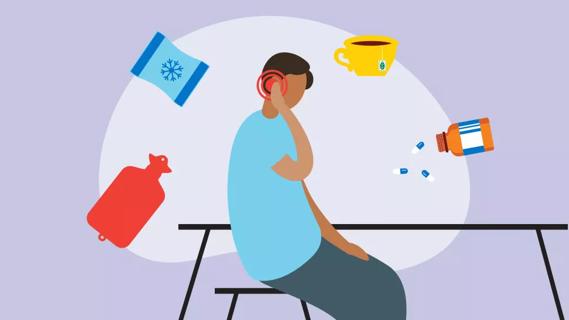Advertisement
The short answer from an infectious disease specialist

A: The pneumonia shot can help protect you against getting really sick with other types of viruses, like influenza, but not from the coronavirus, which causes pneumonia all by itself.
Advertisement
Cleveland Clinic is a non-profit academic medical center. Advertising on our site helps support our mission. We do not endorse non-Cleveland Clinic products or services. Policy
Often times, we see that influenza can lead to secondary infections with other types of bacteria that the pneumonia shot prevents. But because coronavirus is bad enough on its own, the pneumonia shot doesn’t offer protection against it.
Still, it’s important for some people to get the pneumonia shot, regardless of COVID-19. The germs that cause pneumonia are still out there, they aren’t waiting on the sidelines for coronavirus to finish its job.
The pneumonia shot is recommended for the following groups:
If you fall into one of these categories, talk to your doctor about getting the pneumonia shot to help protect you from getting really sick from other viruses. But when it comes down to it, the pneumonia shot doesn’t offer protection specifically against coronavirus.
– Pediatric infectious disease specialist Frank Esper, MD.
Advertisement
Advertisement
Learn more about our editorial process.
Advertisement

Infection and inflammation can cause you to lose your voice and have other voice changes until you’re fully healed

A COVID-19 infection can bring on depression or anxiety months after physical symptoms go away

Just like the flu, COVID-19 continues to evolve every year with new and smarter variants

The latest omicron subvariants carry specific mutations that may allow the SARS-CoV-2 virus to be better at evading immune protection

Research shows the virus can affect your ability to get or maintain an erection

RSV can lead your child to develop pneumonia and have trouble breathing

Getting vaccinated in October can help protect you against severe illness between November and March

Respiratory syncytial virus spreads easily through respiratory droplets spewed out by those who are infected

Not all ear infections need antibiotics — cold and warm compresses and changing up your sleep position can help

A glass of lemon water in the morning can help with digestion and boost vitamin C levels, and may even help get you into a better routine